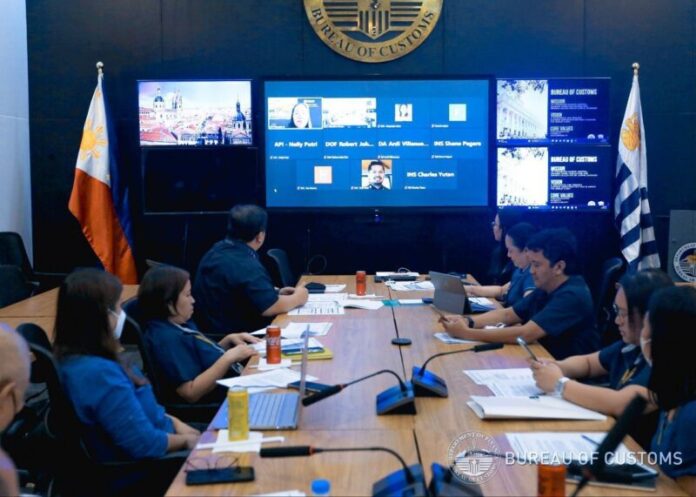-
The Philippines is joining the pilot cross-border exchange of electronic phyto-sanitary (e-Phyto) certificates with ASEAN peers Indonesia in May and Thailand in June this year
-
Bureau of Customs and Bureau of Plant Industry will take part in the initiative promoting the adoption of digital systems for issuing and verifying phyto-sanitary certificates, which will help ensure efficient, reliable, and secure trade in agricultural products
-
The Philippines is expected to exchange e-Phyto certificates with other ASEAN member states using the BOC e-Phyto Management Portal, which can access BPI e-Phyto certificates
The Philippines will join the pilot cross-border exchange of electronic phytosanitary (e-Phyto) certificates with their counterparts in Indonesia in May and Thailand in June this year.
The Bureau of Customs (BOC) and Bureau of Plant Industry (BPI) will take part in the initiative which aims to promote the adoption of digital systems of issuing and verifying phyto-sanitary certificates and will help ensure efficient, reliable, and secure trade in agricultural products within the region, BOC said in a statement.
The decision to join the pilot exchange was agreed upon in a recent meeting between BOC and BPI.
An e-Phyto certificate is the electronic equivalent of the paper phyto-sanitary certificate and guarantees that a plant or plant product for export is free from pests and diseases, and conforms to other phyto-sanitary requirements by the importing country.
BOC said this digital system will enhance efficiency of the trading process and reduce the risk of fraud and errors associated with paper-based systems.
Both BOC and BPI “are committed to working closely to ensure the successful testing and implementation of the e-Phyto certificate exchange,” the customs bureau said, adding this will involve ongoing coordination and support from their Association of Southeast Asian Nations (ASEAN) counterparts throughout the testing process.
The Philippines is expected to exchange e-Phyto certificates using the BOC e-Phyto Management Portal, which has access to e-Phyto certificates issued by BPI, the country’s official National Plant Protection Organization (NPPO), as well as those issued by the respective NPPOs of exporting ASEAN countries.
In October 2022, BPI relaunched its e-Phyto system that allows exporters to apply for phyto-sanitary certificates online and enable the Philippines to exchange e-Phyto certificates with other trading countries and eventually do away with paper versions.
RELATED READ: ePhyto certificate application relaunched
Since 2011, the Commission on Phyto-sanitary Measures, which oversees the implementation of the IPPC, has been encouraging electronic certification.
The BPI system is already receiving e-Phyto certificates from select countries, including Australia, Argentina, Chile, Denmark, France, New Zealand, and Panama.
Aside from e-Phyto, electronic certificates of origin can be exchanged by Philippine exporters with other ASEAN member states.
Last December, BOC formally launched its online portal handling the electronic exchange of the ASEAN customs declaration document via the ASEAN Single Window, which is the regional initiative to speed up cargo clearance and promote regional economic integration by enabling the electronic exchange of border documents among the 10 ASEAN member states. – Roumina Pablo
RELATED READ: BOC, BPI facilitate e-Phyto exchange with ASEAN





